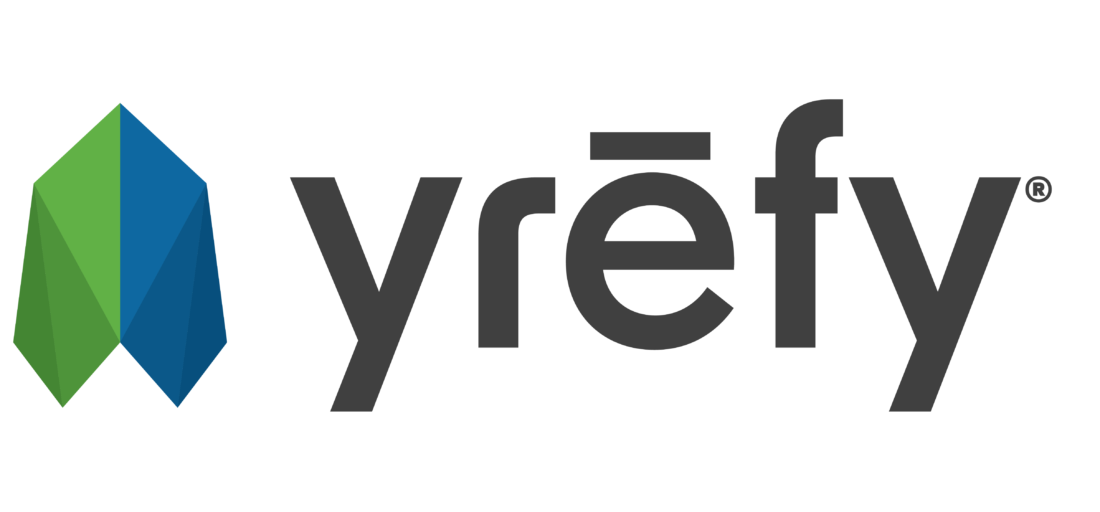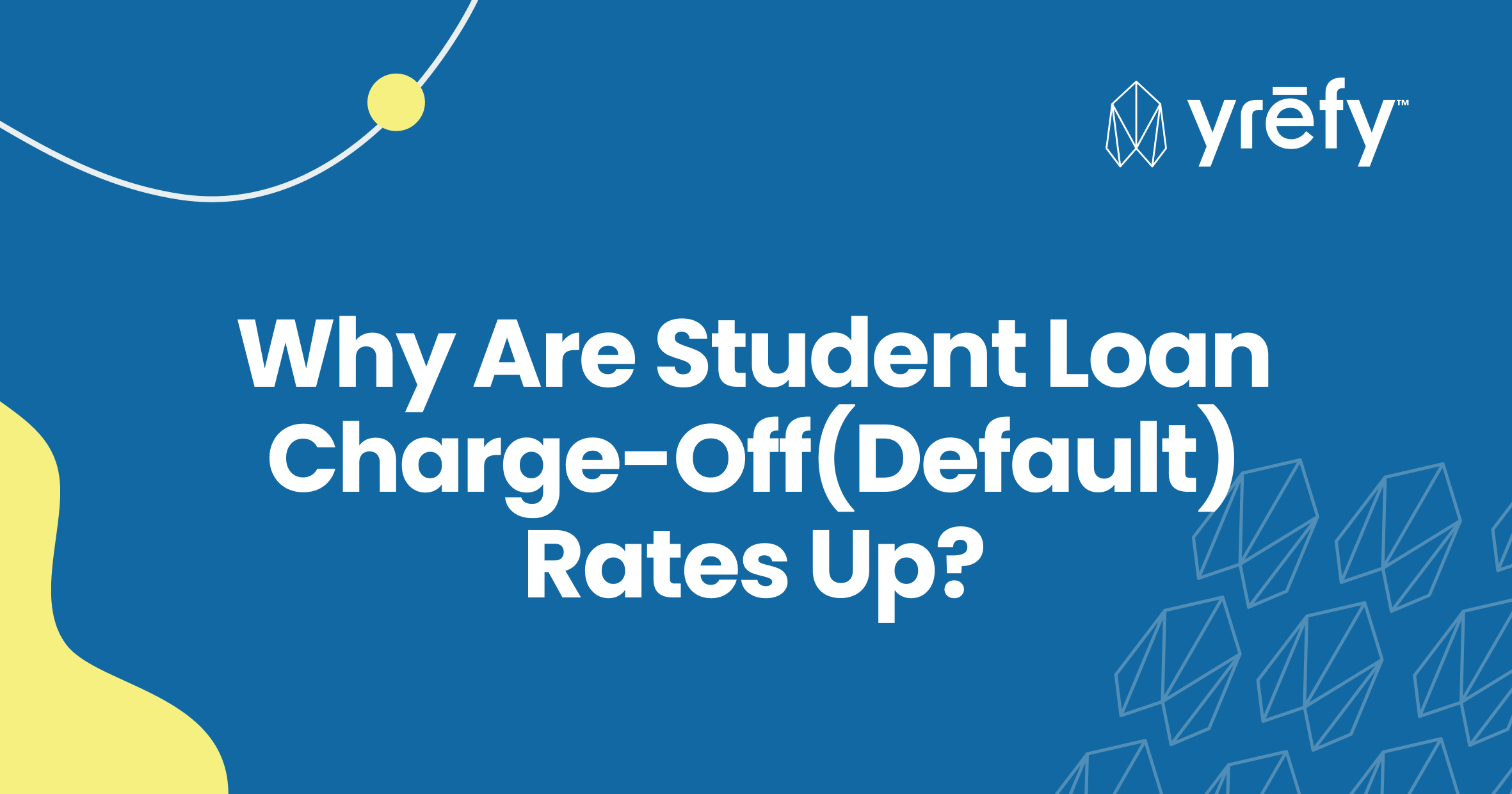Why Are Student Loan Charge-Off (Default) Rates Up?
Federal student loan borrowers have had a lot to celebrate over the past year. The Biden administration extended the payment freeze into 2023, is taking steps to overhaul several of their loan repayment programs (such as PSLF and the IDR plans), and is still adamantly defending their efforts in court to forgive as much as $20,000 per borrower.
Meanwhile, private student loan borrowers have not been able to share these spoils, and it’s starting to have a negative impact. According to industry research company Enterval Analytics, the charge-off rate for private student loans was 2.86% as of the third quarter of 2022. That’s up 40.89% compared to five years ago when the charge-off rate was 2.03%.
On the surface, it’s easy to blame recent events like the COVID pandemic or the fact that private borrowers have been required to continue making payments while federal borrowers haven’t. But is there more to the story beneath this? We have a few theories, and in this post, we’ll explore how each one may be contributing to this alarming trend.
40-Year High Inflation
Without a doubt, the price of everything has gone up. In a normal year, the Federal Reserve aims to keep inflation limited to no more than 2% per year (although on average the price of most things tends to go around 3 to 4%).
However, 2022 was the year that things got out of control. The 12-month change in CPI (consumer price index), the most widely used barometer of inflation, peaked in June of 2022 at 9.1%. This was the highest increase in over 40 years.
From the cost of energy to the price of eggs, American consumers are feeling the strain on their budgets. That has undoubtedly caused some people to be in a position where they can’t afford their bills, especially those who are living paycheck to paycheck.
When push comes to shove, consumers have to make choices. Almost always the most important expenses will be necessities like food, shelter, and gas for your car. Those that don’t have an immediate impact on daily life (like student loan payments) will be some of the first ones to go by the wayside paving the way for default to occur.
Rising Interest Rates
When inflation spirals out of control, it’s the job of the U.S. Federal Reserve to take action and correct it by raising interest rates. That’s precisely what happened in 2022.
At the beginning of the year, the federal funds rate was next to 0%. However, as of the end of the year, this rate had increased to between 4.00 and 4.25%. That’s one of the fastest rate changes ever taken by the Fed.
When the Fed rate increases, it affects something in the banking industry known as the prime rate. That has an impact on the rates used for all other financial products – including those with private student loans.
For example, most student loans have a variable interest rate that can change as interest rates change (similar to a credit card or adjustable-rate mortgage). This means that given the current environment of rising interest rates, many of these borrowers saw their payments balloon to uncomfortable levels.
Similarly, one of the strategies that many student loan borrowers rely on for lower payments is to refinance after a few years. This strategy works great when interest rates are low. However, when interest rates increase, this is no longer a good option because it wouldn’t make financial sense to refinance into a larger payment.
When people find themselves in these situations, it can be frustrating. Hence, it’s easy to see why some may stop making their payments.
Student Loan Scams Are Up
In some respects, the world of student loans was already complicated enough. However, last year when the Biden administration started taking action to cancel federal loans from schools that were deemed predatory loans and reform certain government programs, it got even more confusing for some borrowers. That was an opportunity for scammers.
According to text blocking app RoboKiller, scammers stole at least $5 billion from Americans in student-loan-related crimes in 2022. Their weapon of choice was those annoying robocalls that we all receive at random times throughout the day. Scammers placed millions of those phones every month because for them it’s a numbers game. Though the vast majority of people will ignore those calls, occasionally someone answers the phone or calls the number back thinking it’s legit. When that happens, the scammer wins.
Even though nearly all of the changes to student loans brought on by the Biden administration have no effect on private student loans, it’s still fairly easy to see how someone could be duped by a scammer. When they call, they’re typically communicating to the borrower that they qualify to have some or all of their loan forgiven. To someone who’s financially struggling or desperate for help, these scammers can sound pretty convincing.
Lack of Employment Opportunities
2021 may have been the year of the Great Resignation where millions of workers voluntarily left their current jobs for better ones. However, the tables started to turn in 2022. According to the latest data from the Bureau of Labor and Statistics, job openings were 0.9 percentage points lower than they were six months ago meaning there are fewer jobs to take.
This is unfortunately a trend that is only expected to grow worse in 2023. In January alone, major corporations such as Google, Microsoft, and Amazon have already announced tens of thousands of layoffs, and there are expected to be many more throughout the year. This phenomenon is tied back to fears about a recession and the higher cost of doing business now that the Fed has raised interest rates.
None of this has been great news for recent graduates. Whether they find a job or not, private student loan payments are due. That creates an opportunity for default to occur.
Reach Out for Help If You Need It
Yrefy has been refinancing borrowers with defaulted student loans for over 5 years now. We have a track record of understanding and compassionate customer service. We understand how hard it is to be in default, which is why we can create a path of getting out of default and getting out of debt on your private student loans. Just check out our customer testimonials here.
Call us to get help today, (888) 819-9556.





